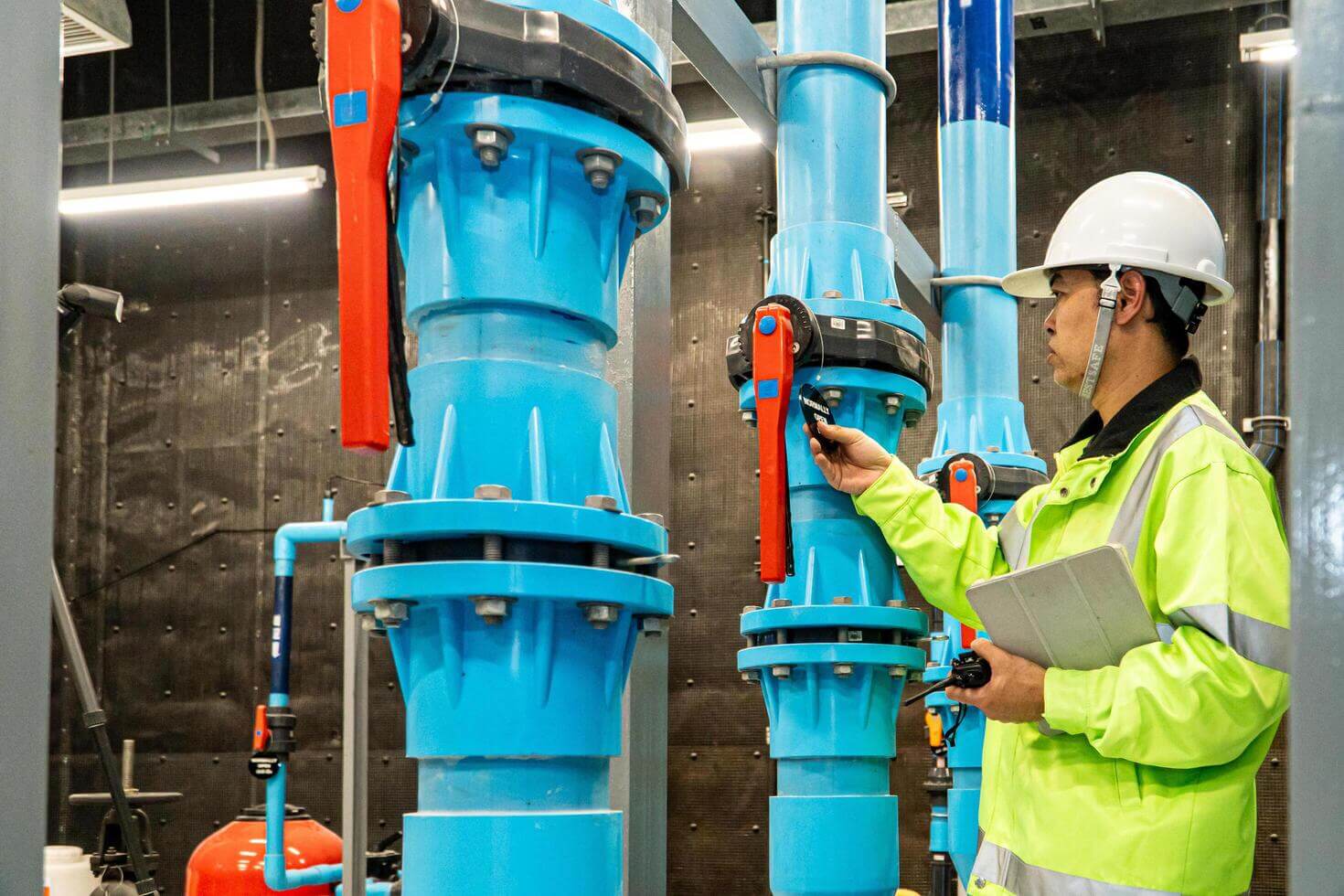API 570 Pipeline Inspection Services
API 570 is a standard published by the American Petroleum Institute (API) that provides guidelines for the inspection, evaluation, and maintenance of piping systems used in the petroleum refining, chemical processing, and related industries. API 570 covers both metallic and non-metallic piping systems that transport fluids under pressure. API 570 pipeline inspection involves a systematic evaluation of piping systems to ensure their integrity, reliability, and compliance with regulatory requirements.
API 570 inspection process involves:
- 1. Scope of Inspection: Determine the scope of the inspection based on factors such as the type of fluid being transported, operating conditions, piping materials, and regulatory requirements.
- 2. Inspection Planning: Develop an inspection plan outlining the specific inspection activities, techniques, and schedule. Consider factors such as the piping system's design, fabrication, installation, service history, and potential degradation mechanisms.
- 3. Visual Inspection: Conduct visual examinations of the piping system's external surfaces, supports, hangers, and attachments to identify signs of corrosion, leaks, physical damage, or other abnormalities.
- 4. Thickness Measurements: Perform ultrasonic thickness measurements at various locations along the piping system to assess the remaining wall thickness and detect any corrosion or erosion.
- 5. Non-Destructive Testing (NDT): Use NDT techniques such as radiographic testing (RT), magnetic particle testing (MPT), liquid penetrant testing (LPT), and ultrasonic testing (UT) to detect and assess defects such as cracks, weld flaws, and material degradation.
- 6. Fitness for Service (FFS) Assessment: Evaluate the piping system's fitness for continued service based on API 579/ASME FFS-1, which provides guidelines for assessing the structural integrity of equipment and piping systems.
- 7. Risk-Based Inspection (RBI): Implement a risk-based inspection program to prioritize inspection activities based on factors such as the probability of failure, consequences of failure, and risk mitigation measures.
- 8. Reporting and Documentation: Document inspection findings, including the condition of the piping system, any defects or anomalies detected, and recommendations for repair, replacement, or maintenance. Maintain comprehensive records of inspection activities for regulatory compliance and future reference.
API 570 pipeline inspection helps ensure the safe and reliable operation of piping systems by identifying and addressing potential integrity issues before they lead to leaks, spills, or catastrophic failures. Compliance with API 570 standards helps minimize risks to personnel, the environment, and assets while maximizing the efficiency and longevity of piping infrastructure.
FAQs:
The inspection includes visual checks, ultrasonic thickness testing, radiographic testing, and other NDT methods to assess corrosion, weld integrity, and structural condition.
API 570 applies to process piping systems in refineries, chemical plants, and power plants but does not cover buried pipelines or utility piping.
Inspection intervals depend on factors like material, corrosion rate, and operating conditions but typically range from 5 to 10 years for comprehensive assessments.



